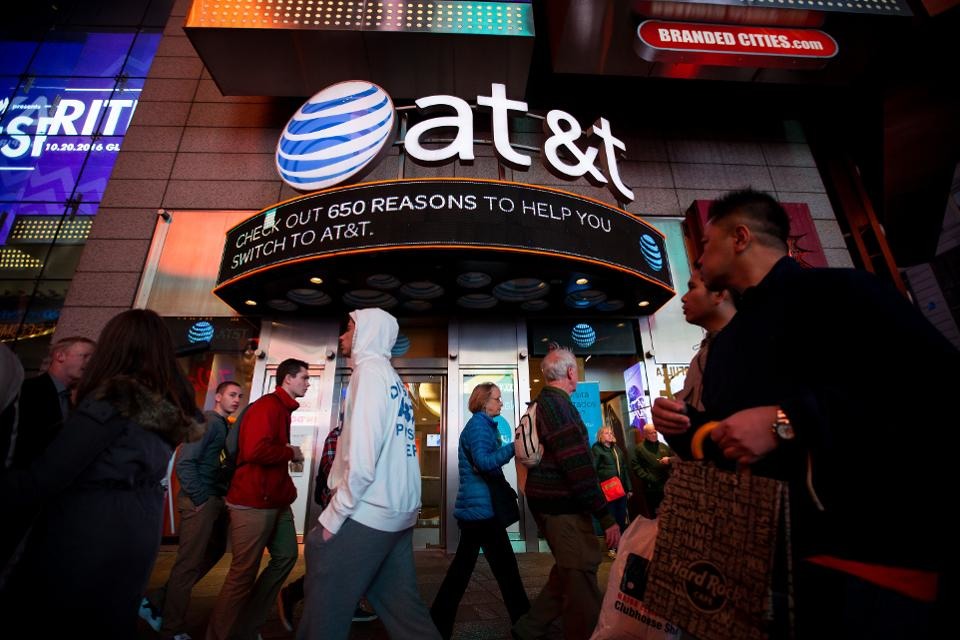Four industry organizations have leveled a joint lawsuit against the state of California, hoping to stop net neutrality rules that could impact how they do business.
The plaintiffs include the American Cable Association, CTIA, NCTA, and USTelecom, Reuters reported on Wednesday. Together the groups represent major corporations such as AT&T, Charter, Comcast, and Verizon.
The suit calls California's policies, scheduled to begin Jan. 1, a "classic example of unconstitutional state regulation."
California only recently signed the rules into law, but was immediately met with a Justice Department lawsuit charging that internet service providers "cannot realistically comply with one set of standards in this area for California and another for the rest of the nation — especially when internet communications frequently cross multiple jurisdictions."
U.S. Attorney General Jeff Sessions went a step further, calling the legislation "an extreme and illegal state law attempting to frustrate federal policy."
In December the Federal Communications Commission voted 3 to 2 along party lines to undo Obama-era net neutrality protections, despite public opposition and signs that many anti-neutrality comments were faked. The effort to reverse neutrality has been championed by Republican FCC Chairman Ajit Pai, along with large communications businesses.
Should they survive, California's rules will bar practices like "fast lanes," selective throttling, and paid prioritization. Phone carriers will be unable to offer "zero-rated" services, for instance exempting platforms like Apple Music from data caps. Without neutrality however, critics of the FCC reversal argue that the result could be a restricted, even more hegemonic internet.
 Roger Fingas
Roger Fingas








 Marko Zivkovic
Marko Zivkovic
 Wesley Hilliard
Wesley Hilliard
 Christine McKee
Christine McKee


 Malcolm Owen
Malcolm Owen
 William Gallagher
William Gallagher
 Andrew O'Hara
Andrew O'Hara







30 Comments
It's Corporatocracy vs We The People!
There will be blood.
It's the second revolution!
We shall be free again.
The U.S. DOJ has also filed suit against California. This is not about net neutrality per se (it is of course) but who has the authority to regulate. If each state were allowed to set up its own net neutrality rules there would be utter chaos on the Internet. That’s why the power to regulate commerce is given to the Federal government by the Constitution, not individual states. You may be for net neutrality or against it but it’s the Feds that should be making those rules, not individual states. If you are a net neutrality supporter then wait for your much touted Blue Wave in November. If you don’t support it then hope the new Congress is not veto proof. Personally I see this not being resolved until 2020 at the earliest. Obama created net neutrality by presidential edict. Trump abolished it by presidential edict. That’s not how it’s supposed to work. This is Congress's job and they should decide one way or the other by passing legislation.
This has Interstate Commerce Commission written all over it. Regardless of the merits of the California legislation it cannot supersede federal rules.
I do need to read the details of the California law before I can really comment on its merits. Net neutrality is a very complex topic where the law of unintended consequences has ample opportunity to rear its ugly head.